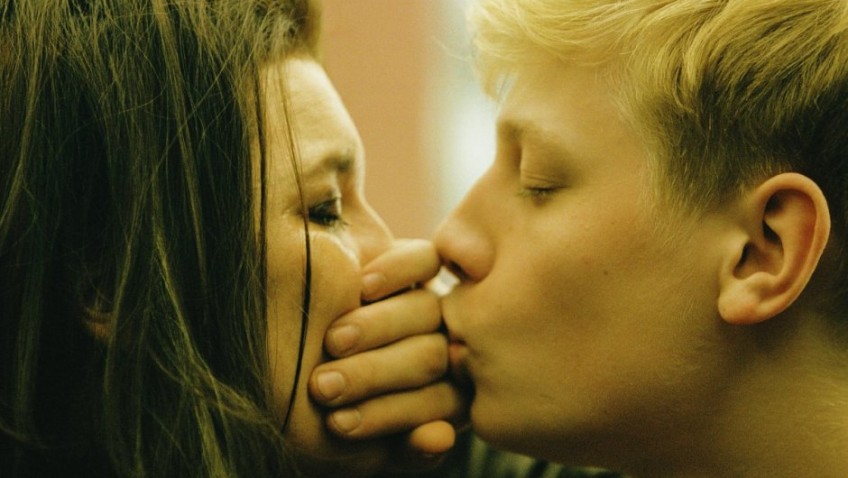Over the past fifteen years, Canada has become better known as a less costly substitute for shooting in the USA than as a fertile breeding ground for new directors. Almost single-handedly, 26-year old actor, writer and director Xavier Dolan has been filling the relative void with five noteworthy films to his credit in a period of six years.
His latest film, Mommy, was selected as the Canadian entry for the Best Foreign Language Film in this year’s Academy Awards. Dolan has always tackled sensitive gender issues in a way that seemed calculated to get himself noticed, starting with the provocatively entitled I Killed My Mother in 2009. That film, made when Dolan was 19, provided insights into the complex mother-son bond, an uneasy relationship that is explored within new, disturbing parameters in Mommy.
The marvellous actress from I Killed My Mother, Anne Dorval, is once again the eponymous Mommy, Diane, ‘Die’ Després, a widow who is struggling to cope with her volatile and frequently violent son, Steve (Antoine-Olivier Pilon). Part of her is tempted by Canada’s controversial new law enabling long-suffering parents to forfeit custody of unmanageable minors by institutionalising them. Another part of her sees the tender heart and vulnerable fatherless boy inside the monster and is determined to keep him at home.
But Steve’s spontaneous bursts of rage frighten Die, particularly now that he is her physically her size. Whether he has an extreme case of ADHD or another form of mental illness, the angelic-looking teenager is a problem that might require an extreme solution. The fictitious, slightly cheeky, legislation giving parents a way out is presented in the form of title cards at the beginning of the film. Once planted in our minds, however, it remains with us in the form of suspense over Steve’s fate. Will Die capitulate to give herself a better life?
Die, a working class, gum-chewing force of nature, with natural sex-appeal, is attractive, despite the tell-tale stress of life appearing on her face. Spirited and hot tempered herself, with her speech peppered with foul language, she might not be the best person to smooth things over with the authorities of a juvenile detention centre. Still, she makes her point. Proud and determined not to institutionalise her son, life is too tough for her to bother with the niceties of polite society or smile at a besotted neighbour, willing to offer her marriage and a more comfortable life, but at a cost.
Dolan has been criticised for putting style over substance in his haste to be noticed, and Mommy is slightly weaker on plot than on style. But the stylistic flourishes here are an integral part of the story. The aspect ratio of the screen narrowing to reflect the melodramatic and claustrophobic encounters of mother and son, and dramatically expending, astonishingly, by Steve himself, as he seems to push the screen open in an act of liberation. Far from being distracting, this technique enhances are emotional experience with a successful merger of form and content.
Less successful, perhaps, is the rambling nature of the plot and the emergence of an enigmatic neighbour. Kyla (Suzanne Clément), patient and non-judgmental, becomes an indispensable presence chez les Deprés, despite having a husband a child at home who are left pretty much out of the picture.
Kyla is a teacher on a sabbatical, and her emotional neediness changes the dynamics of the relationship between Steve and Die. She establishes a close relationship with Steve, who starts having fun, showing compassion and doing better at school. There is a hint of something stronger than friendship between Die and Kyla, but Kyla’s interest in the Duprés is never developed. This does not detract, however, from a film whose emotional impact is so visceral that you feel your whole body reacting to the events on the screen.
Joyce Glasser – film reviews




